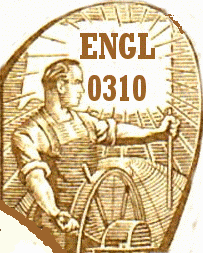
![]()
COLLEGE READING
Reading is the pillar of your education; in fact, without it you cannot get a college education. In the university community, we read analytically, discuss, and write about all kinds of texts. You, your classmates, upper-division students, graduate students, and professors all engage in analytical and evaluative thinking, which means reading and writing.
What are we talking about here?
Your future is full of academic reading.
You have already found that you must deal with new vocabulary, develop new reading strategies depending on the purpose of the reading, and deal with an average reading load of 250-300 pages per week, sometimes more. This load will certainly increase by your junior year. So hone your time management skills!
Constructing meaning
1st Level Reading
In high school you were trained to look for the literal meaning or content and to
parrot it back. That is only the first level of reading, that of comprehension.
2nd Level Reading
Now you must move to the interpretive level (deciphering inference) and the
application level, where you use the knowledge you have gained, for example, to
design a biology experiment after reading the text.
The meaning does not reside in the professor nor in the textbook; the
meaning resides in you. Therefore, in college you must also think about your
own learning process and change your approach from thinking about subject
knowledge as a discrete set of facts. Itís like translation, but more empowering:
you will make the knowledge your own.
Contents from Borders, 2nd edition. 70-71. Copyright © 2008, UTEP.
